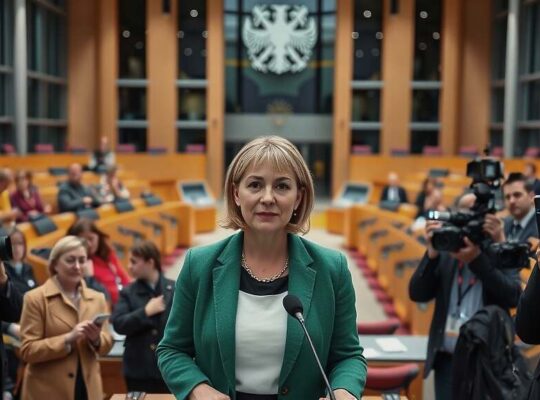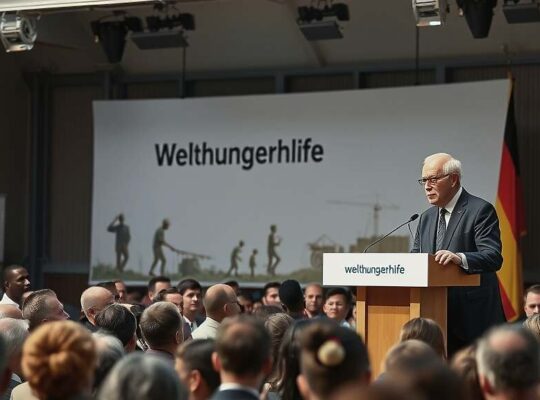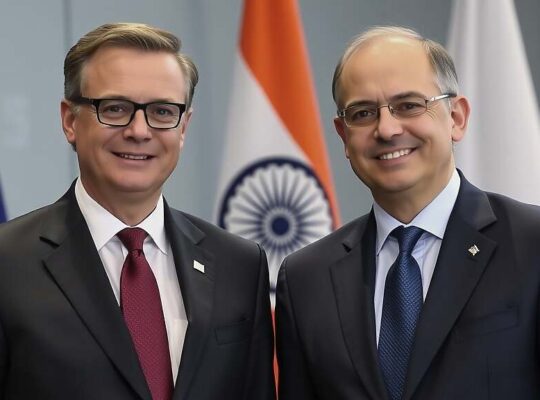Leaders from Germany, the United Kingdom and France have issued a joint call for the immediate facilitation of humanitarian aid deliveries to Gaza. In a statement released Friday, Friedrich Merz (CDU), Keir Starmer and Emmanuel Macron expressed grave concern over the escalating humanitarian crisis within the Gaza Strip.
The leaders emphasized the urgency of ending the “humanitarian catastrophe” currently unfolding, urging the Israeli government to promptly lift restrictions on the transport of aid and allow the United Nations and humanitarian non-governmental organizations to continue their vital work addressing widespread hunger. They underscored Israel’s obligations under international humanitarian law, highlighting the necessity of meeting the basic needs of the civilian population, including access to water and food. The statement labelled the withholding of essential humanitarian assistance to civilians as unacceptable.
Beyond the immediate crisis, the leaders also voiced opposition to any attempts to assert Israeli sovereignty over Palestinian territories. They specifically condemned threats of annexation, expanding settlements and acts of violence perpetrated by settlers against Palestinians, stating these actions undermine prospects for a negotiated two-state solution.
The joint statement further calls for an immediate ceasefire, the release of hostages held by Hamas, the disarmament of the organization and a pursuit of a diplomatic resolution.
According to an Integrated Food Security Phase Classification (IPC) report from May, the entire population of Gaza is experiencing acute food insecurity (IPC Level 3). Prior to this, approximately 470,000 people in the Gaza Strip were already facing imminent risk of starvation, classified as the highest IPC level – Level 5. The IPC system serves as a globally recognized framework for classifying levels of hunger.
Current reports indicate that aid organizations currently managing deliveries are only able to transport around 28 trucks of aid into Gaza daily. The United Nations estimates that between 500 and 600 truckloads of aid are required each day to meet the escalating needs of the population.












